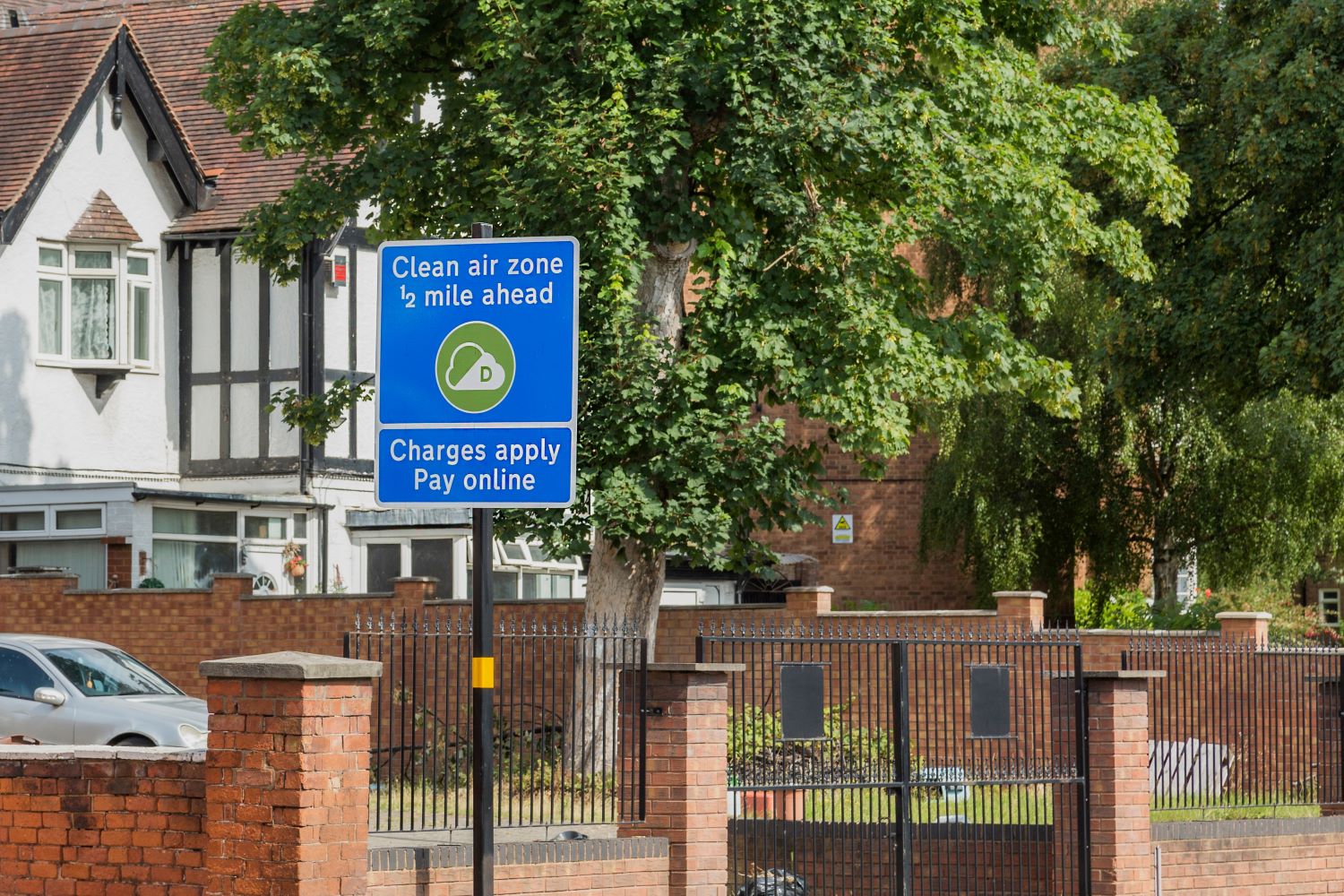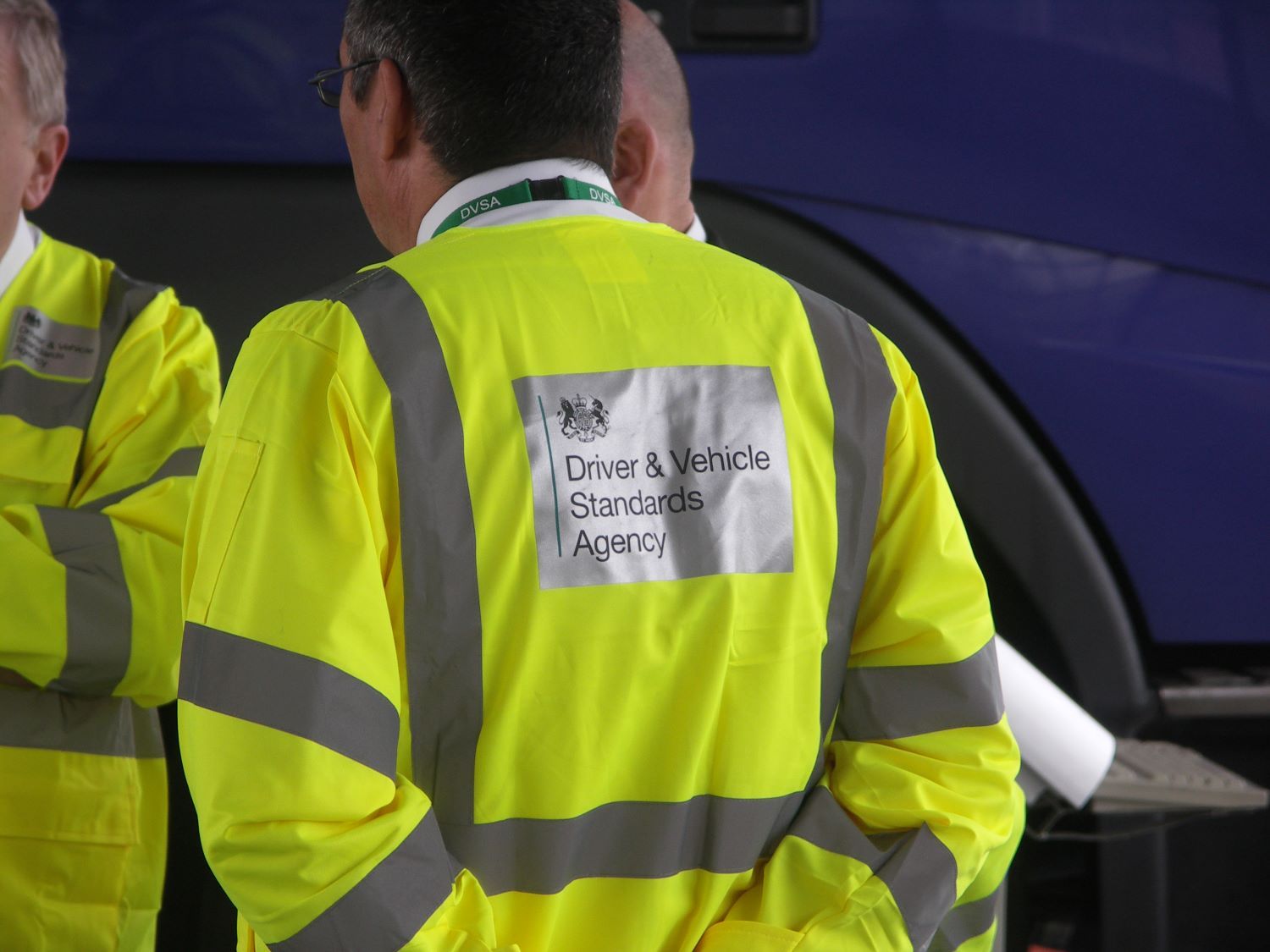National policy on air-quality is wrong to penalise less harmful forms of transport, believes Confederation of Passenger Transport Chief Executive Graham Vidler.
There can be few areas of public policy less well targeted at a problem than Clean Air Zones (CAZs).
We would all agree that tackling nitrogen oxides (NOx) and other harmful emissions should be a public health priority, particularly in cities. But today’s system treats buses and coaches — an essential part of the solution — as the main component of the problem.
Consider the facts. According to the National Atmospheric Emissions Inventory, buses and coaches contribute just 7% of NOx emissions in urban areas. Cars represent 54% and goods vehicles 38%. Yet the national framework for CAZs requires local authorities to include buses and coaches whenever they introduce such a zone.
Goods vehicles and cars are optional, with Bath, Bradford, Sheffield and Tyneside all taking the choice to exclude cars from their CAZs and Portsmouth excluding vans too.
This is the wrong way round. We made that point forcefully in our recent air-quality consultation response to the government, in which we called for a new class of CAZs to enable local authorities to charge cars but exempt coaches and buses.
Our consultation response also called for a national clean air fund to support coach operators to invest in new vehicles or retrofit existing vehicles to meet CAZ requirements.
Further, because we recognise that using buses and coaches to reduce congestion is one of the surest ways of reducing emissions, we called for measures to help us tackle air pollution, calling on government to:
- Fund more Bus Service Improvement Plans to enable local authorities and bus operators to fully implement their joint, locally developed service-improvement plans.
- Ensure that coach facilities and access form an integral part of the planning process for locations likely to receive large numbers of visitors.
We at the Confederation of Passenger Transport (CPT) have also been talking to the Joint Air Quality Unit (JAQU) — the joint unit of the Department for Transport and the Department for Environment, Food and Rural Affairs which oversees the UK plan for tackling roadside nitrogen dioxide concentrations — about its decision to pause funding to local transport authorities for the retrofitting of vehicles to meet Euro VI engine standards for CAZ compliance.
We understand this is while they conduct more detailed research into the efficacy of exhaust retrofit solutions. JAQU has confirmed that there are currently no plans to change the compliance status for buses that have been retrofitted while they carry out the research.
CPT will continue to position coaches and buses as a key part of the solution to air pollution across our engagement with government.



























